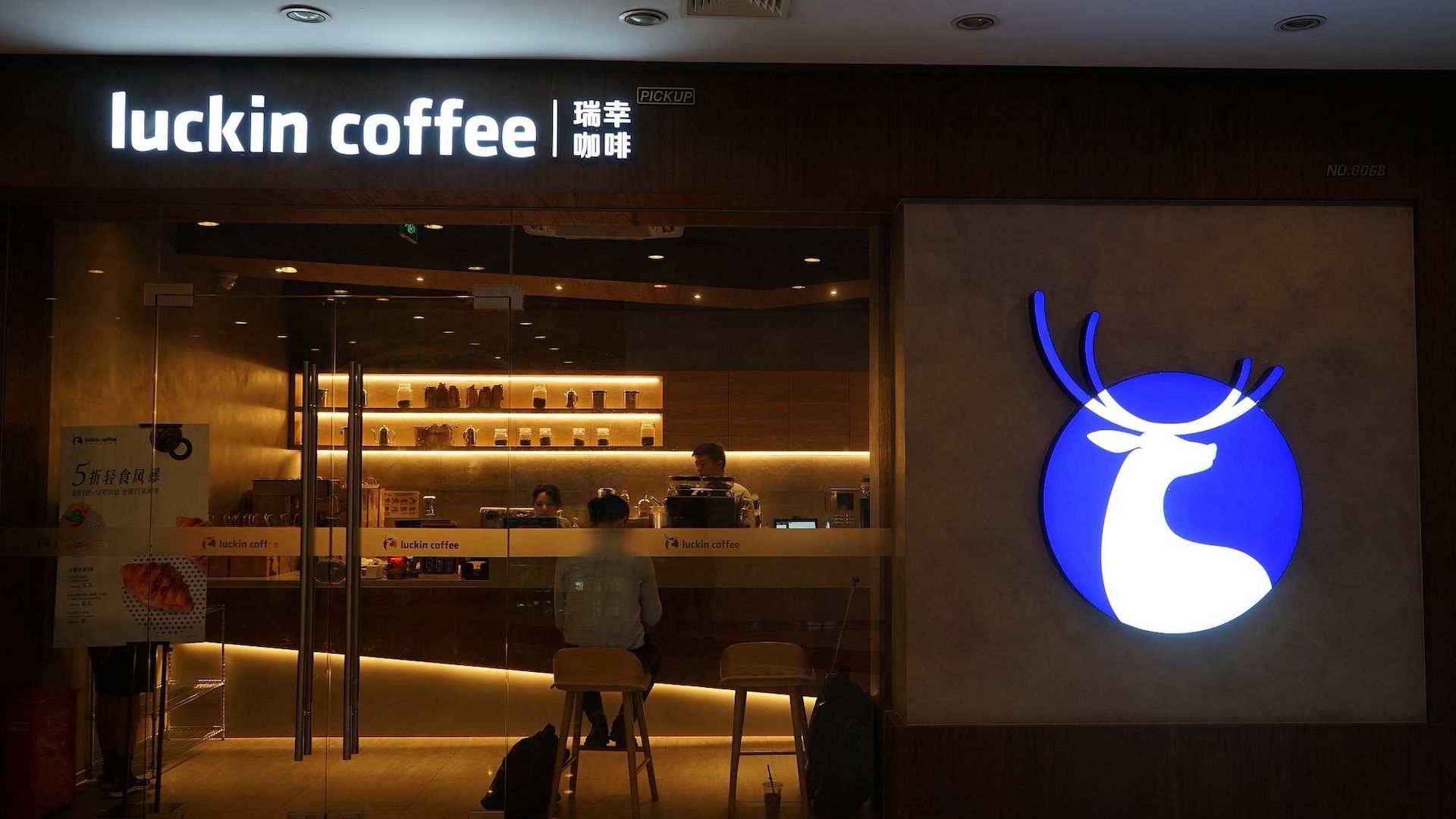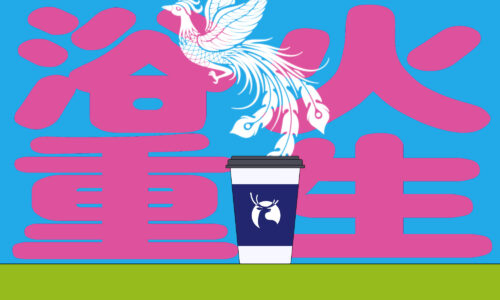Luckin Coffee doubles its sales in its fourth quarter
Despite delisting from U.S. stock exchanges, Luckin Coffee turned things around with a double in sales at the end of last year.

Luckin Coffee, the coffee chain that was delisted from U.S. stock exchanges over falsifying its profits, has revealed doubling sales and narrowing losses in its fourth quarter of 2021.
- On Thursday, the Chinese coffee chain reported an 80.7% increase in revenue to 2.4 billion ($381.7 million) while operating loss shrunk to $120.8 million from $488.9 million in the same period in 2020.
- Since its delisting, Luckin has turned things around. After paying $180 million to settle fraud charges, it has replaced its management and revamped its store strategy from frenzied expansion to quality improvement and product development.
- Last April, the company launched new coconut milk latte products that went viral on the Chinese internet. Some Chinese media outlets suggest Luckin even turned profitable a month later on the back of the success.
China news, weekly.
Sign up for The China Project’s weekly newsletter, our free roundup of the most important China stories.
The context: In 2020, Luckin Coffee admitted to inflating its 2019 sales figures by approximately $300 million, resulting in the eventual delisting of Luckin on the NASDAQ. The company has since bounced back, seeking a U.S. relisting as early as the end of this year.
- Luckin remains China’s biggest homegrown coffee chain, with over 5,000 stores nationwide, a few hundred more than Starbucks. Recent reports also revealed that Luckin is seeking another round of financing.
- Last year, Luckin signed professional skier Eileen Gu as its spokesperson, a bet that paid major dividends during the Beijing Winter Olympics. On March 7, Luckin launched its new Pink Cherry Bubble coffee with Gu’s face on the poster.
The takeaway: Despite its financial hiccups, Luckin still stands at the vanguard of China’s homegrown coffee movement. Even as foreign coffee chains like Blue Bottle Coffee break into Shanghai, domestic brands like Manner Coffee are quickly establishing themselves as long-term competitors.







